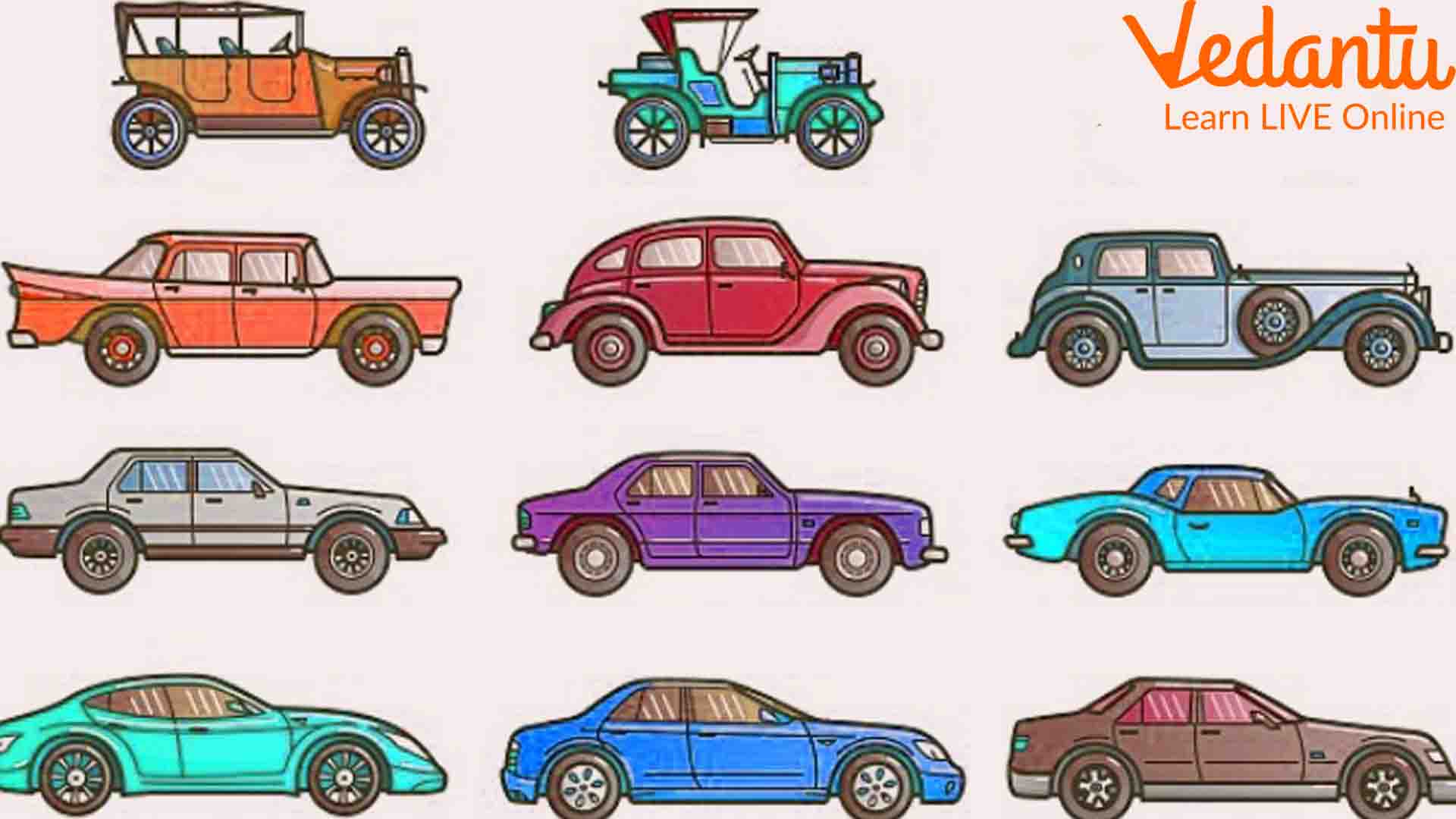The History of Cars Explaining Their Evolution
The modern transportation we use these days began with the invention of cars. It is a four-wheeled miracle that changed the course of our lives. These days, we cannot even think of going somewhere without using a vehicle and a car is always the first choice. The use of cars changed how we do things. In fact, it also changed the shape and plan of modern civilisation.
In this article, we will study the history of cars and how they evolved and innovated. We will learn what inventions resulted in the formation of the car and how we have modern cars with us.
What is a Car?
A car is a four-wheeled vehicle used for transporting people or things on the road. It uses an engine to run the wheels and to reach a destination faster than walking or running. It is a mode of transport that has various uses in the modern era. In another way, a car is an automobile that runs on fuel. Generally, diesel and petrol are used as car fuels. These days, we use electricity to run a car.
The History of Cars
To understand the path of the invention of cars, we need to follow a course of events first. This course is made of a few milestones achieved by scientists and inventors to give a better shape to the automobile.
Steam Engine – The Evolution of First Engine
The steam engine is the invention of James Watt, a mechanical engineer from Scotland. He was inspired by the method of using energy produced by an external combustion engine design made by Thomas Newcomen, a British inventor (1712). He then used this concept to make pistons move back and forth using steam in 1764. Soon, these engines were used in factories to run machines for doing repetitive work.
Steam-Powered Automobile
It was in 1769 that the use of a steam engine was witnessed to run a small vehicle with wheels. It was Nicholas Joseph Cugnot who used the power of the steam engine to make the first automobile in 1769. He is considered the first inventor of cars.
Back then, an automobile he designed had only three wheels. This Frenchman used this idea to pull heavy cannons. This engine had a top speed of 5 km/hr and is considered the first milestone in car inventions.
The Entry of the Carnot Cycle
Nicolas Leonard Sadi Carnot, a French army engineer, was the one to write down a book on the car or automobile science. His ideas were to tame the firepower and to run an engine using fuels. He also explained how power can be generated in an engine and how it can be harnessed. His idea of the working principles of engines became the pillar of automobile engineering. This is why he is called the Father of Thermodynamics. It was his book that inspired Rudolf Diesel to invent diesel engines later.
Vulcanised Rubber
It was in the year 1839, Charles Goodyear came up with the remarkable idea of creating a wheel with rubber. This is considered to be one of the most significant inventions of modern times that changed the course of our future. Goodyear dropped a piece of rubber containing sulphur on a stove accidentally. He found that the rubber did not melt at all but became hard. The rubber turned into a black hard mass.
Spark Plug
Joseph Étienne Lenoir was a Belgian-French Engineer who invented the spark plug. He was doing his experiments on electricity in the 1850s. In those days, street lamps were gas fed. Gas pipes connected the lamps in every street. It took hours to ignite the lamps. Lenoir was looking for a way to spark the gas inside a lamp to ignite.
While doing his experiments, he found that the sudden explosion sparked by electricity can be used to drive a machine. He then went on to design a spark plug that can rhythmically cause an explosion and drive an engine. This is a huge turning point in car history.
Four-Stroke Engine
Nikolaus Otto, a German engineer, designed the first four-stroke engine powered by gasoline in 1876. The repetition of the four strokes made the engine run smoothly and safely.

The Evolution of Cars
Karl Benz’s Motorwagen
Karl Benz, the German engineer and the founder of Mercedes Benz (the world's first car company), studied Otto’s work and redefined a crude model into a working car. He also took his wife’s advice to add gear.
Diesel Engine
Rudolf Diesel designed a prototype of 3 m height that can run on diesel and even oils. It was the first engine that had double power as a steam engine. This was a remarkable invention in the history of cars timeline.
Assembly Line
Another noted invention was the assembly line development in 1908. Henry Ford, the American engineer, designed an assembly line for producing cars at an affordable rate. He was the one to manufacture cars that made the world.
Modern Cars
The evolution of modern cars took place in the 1940s with the advent of Porsche and Volkswagen, two companies.
Japanese Automobiles
The introduction of Japanese automobiles is a significant milestone in the evolution of cars timeline. These cars were cheaper and easy to afford. Companies like Toyota, Honda, Mazda, and Nissan became instant hits.
The advent of self-driving cars from Tesla is a remarkable feat. Cars, these days, have remarkable features. We are witnessing a huge transformation of the car industry from fossil fuels to greener solar energy. These cars have made daily life much easier for us. We can travel to any place easily and save time.
Cars have also become fuel-efficient resulting in greener outcomes. Due to the invention and up-gradation of cars, our lives have become faster and more productive.







